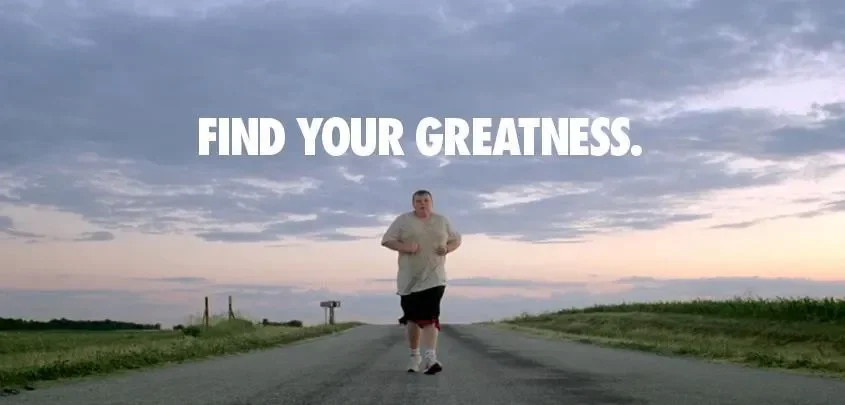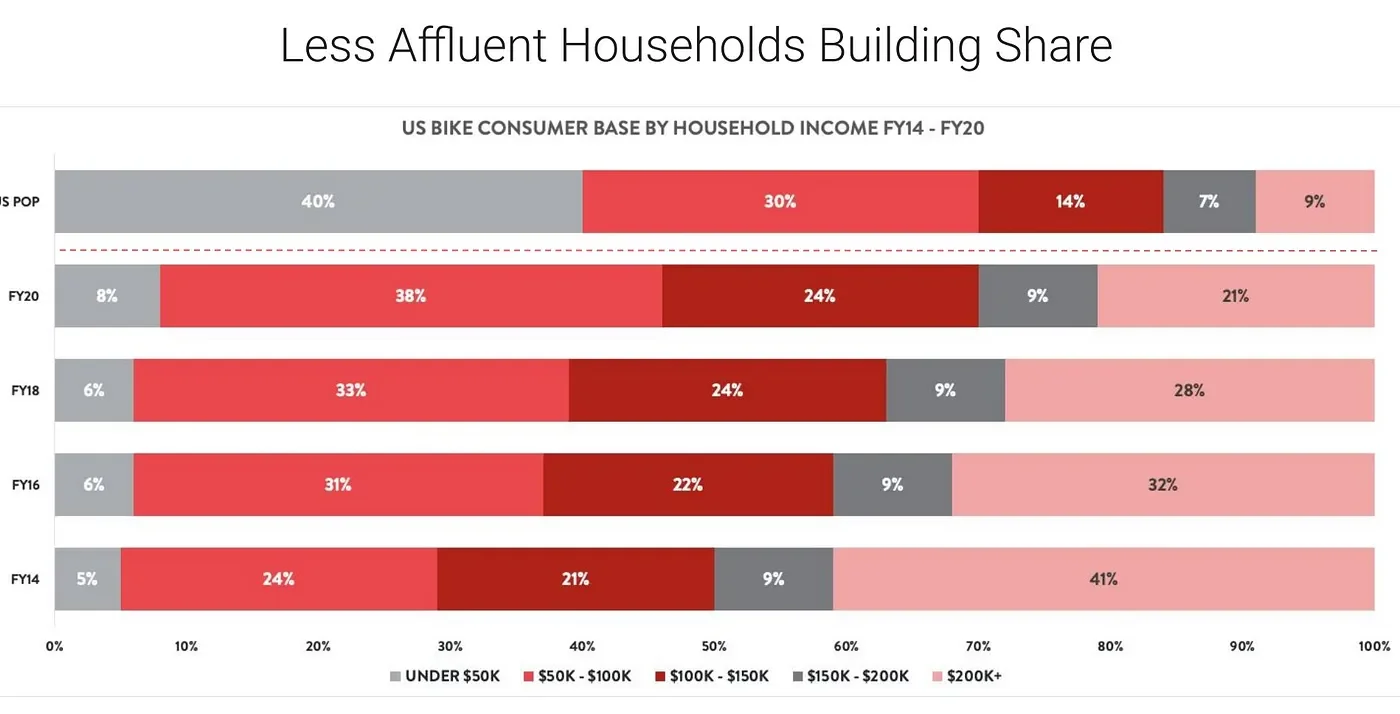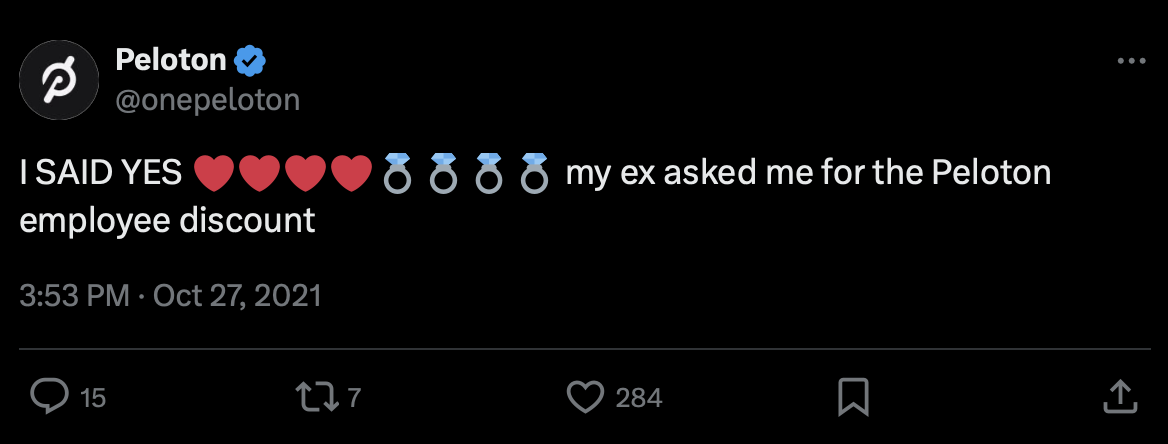Peloton Tried to Be Netflix. Right Now It’s Just Dell on Wheels.
Two weeks ago, Peloton announced weaker than expected growth. The stock immediately fell over 40 percent.
Peloton’s slowing growth is not surprising. What is more worrying is what comes next. The company wants to move beyond the spin bike. They want to be the Netflix of at-home fitness. Their app covers strength, yoga, and running. They even have new hardware planned that does not involve pedaling in place.
And yet Peloton is still known as the overpriced spin bike company.
Actually, it is worse. To non-customers, Peloton has become a symbol of the wealthy elite who coasted through lockdown in massive houses on high salaries while everyone else struggled.
Peloton knows it faces another problem. The instructors. The entire product is powered by their personalities. When the best of them retire or get poached, what happens then. The company has started adding more coaches to reduce dependence on a few stars. It helps, but it does not solve the core issue.
The real issue is that Peloton needs a reason for people to stay once the novelty fades. A reason to shop beyond the bike.
What they need is a brand.
That may sound soft. But in fitness, brand is the business. Nike became Nike not by pushing products but by pushing values. Lululemon went from niche yoga label to powerhouse on the back of community and sweat culture. Gymshark turned into a billion-dollar company by telling young lifters that weight rooms are for everyone.
Nike sometimes sells shoes. Mostly, they sell purpose.
Peloton has been that too. A lifeline during lockdown. For me, even.
You can see it if you open the Peloton Facebook group. People telling stories of how the bike changed their life. People in cramped basements showing off their setups. People who financed the bike because they could not pay in full. Right alongside the wealthy who post photos that look like Equinox moved into their penthouse.
Households making less than one hundred thousand dollars a year grew from 29 percent of Peloton members in 2014 to 46 percent in 2020. That is not elite. That is nearly half.
But you would never know it from Peloton’s own voice. The website looks like a luxury catalog. The ads do the same thing. At Christmas, Peloton even hired Adam and Eve DDB, one of the priciest agencies in the world, to make a cartoonish ad about Scrooge changing his mind on fitness because he got a bike.
Where is the mission. Where is the point of view. Where is the purpose.
Simon Sinek said it years ago in his TED talk. Apple sells “Think Different.” Dell sells computers. That is why Apple can sell phones. Nobody wants a Dell phone.
Peloton right now sells bikes.
And that is not enough.
The world outside is unraveling. Mental health crises. Inequality widening. People crushed by monotony.
Why not tell those stories. Why not make videos about members who lost jobs, battled depression, fought through illness, and found a way forward by sweating in place on a two thousand dollar machine.
But talking is not enough. Brands need to act.
Why not donate bikes to underserved communities. Why not make the app free to anyone who got vaccinated. Why not give it away to everyone under 25. Why not make a stand on mental health by moving employees to a four day workweek.
Great brands are not built on avoiding risk. They are built on it. Right now Peloton’s lack of brand is the biggest risk of all.
The founding story does not help either. The version on their site and on podcasts is that John Foley was too busy to book a trendy New York spin class. So he built a bike to skip the line. Maybe it is true. But it also sounds like “I was too busy to book a thirty six dollar class, so I built a two thousand dollar bike instead.”
It does not have to be that way. Peloton could be about what a workout does to your day. To your head. To your life.
The official mission statement says Peloton uses technology and design to connect the world through fitness, empowering people to be the best version of themselves anywhere, anytime.
That could be great. But it falls flat in practice. Some days Peloton talks about community with the tagline “Together we go far.” Other days they put instructors on a pedestal. Sometimes they joke around on Twitter. Sometimes they pitch luxury products on a luxury website. Then they release a corny “Don’t be Scrooge” holiday ad.
Brands are not born out of mixed messages. They come from focus. Every touchpoint repeating the same idea. That idea usually lives in purpose and in culture.
Until Peloton finds that, it will always be just a bike company.





